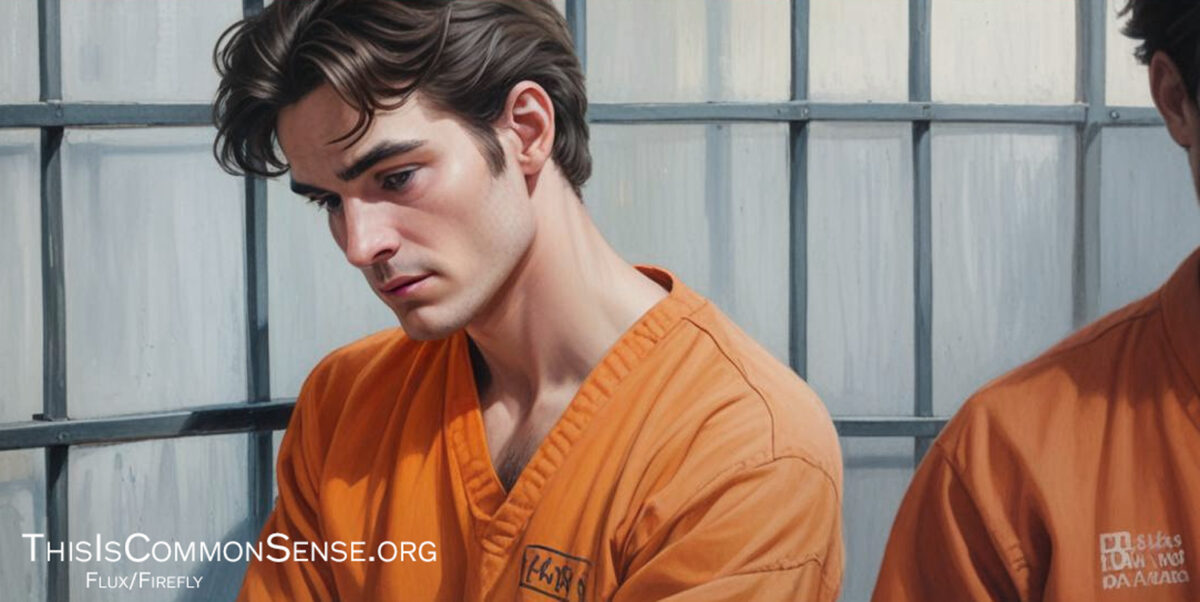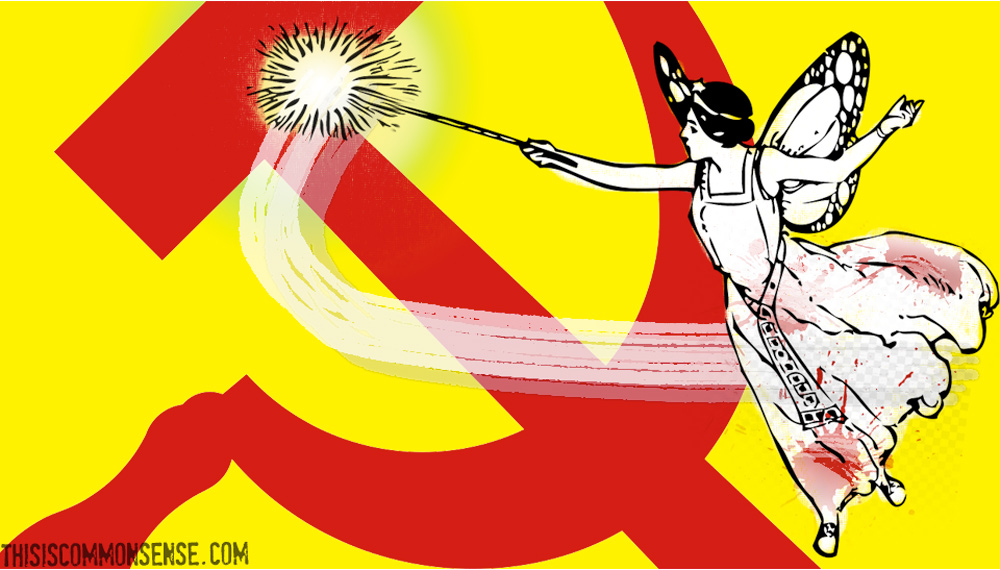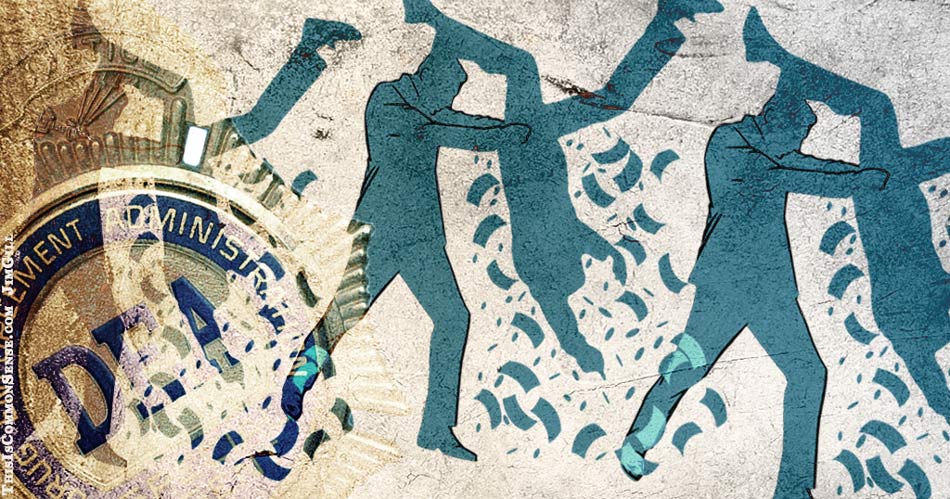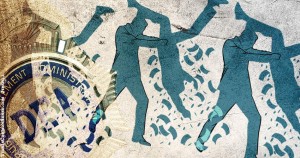“If you vote for me,” President-elect Donald Trump promised the delegates at the Libertarian Party national convention last May, “on Day One, I will commute the sentence of Ross Ulbricht to time served.”
That is eleven years so far. “We’re going to get him home,” insisted Trump.
Mr. Ulbricht, a libertarian cause célèbre, was sentenced in 2013 to double life terms, without parole, plus 40 years.
So, who did he kill?
At 26 years of age, Ulbricht created the Silk Road online platform, “an anonymous e‑commerce website.” Used by some folks, certainly, to trade in drugs and other illegalities.
On a Change.org petition urging presidential clemency (which I’ve signed), his mother explains: “Ross is a first-time offender” and “an Eagle Scout, scientist and peaceful entrepreneur,” who faced only “non-violent charges at trial. He was never prosecuted for causing harm or bodily injury and no victim was named at trial.”
That’s why she and many of us simply cannot stand the idea that now 40-year-old “Ross is condemned to die in prison.”
Dudley Do-Right — no. Trump to the rescue!
Indeed, it was a very smart political move, courting the Libertarian vote both by showing up and, specifically, by pledging to free Ross Ulbricht. Libertarians suddenly had a tangible reason to support Trump.
Will Trump keep his word? “I do think he’s going to free Ross Ulbricht,” Libertarian Party Chair Angela McArdle told Robby Soave on his “Rising” program.
I think so, too. I sure hope so. It would be refreshing to see the awesome power our Constitution gives the president to pardon crimes and commute sentences used for someone deserving of mercy.
Rather than someone escaping justice.
This is Common Sense. I’m Paul Jacob.
Illustration created with Flux and Firefly
—
See all recent commentary
(simplified and organized)









